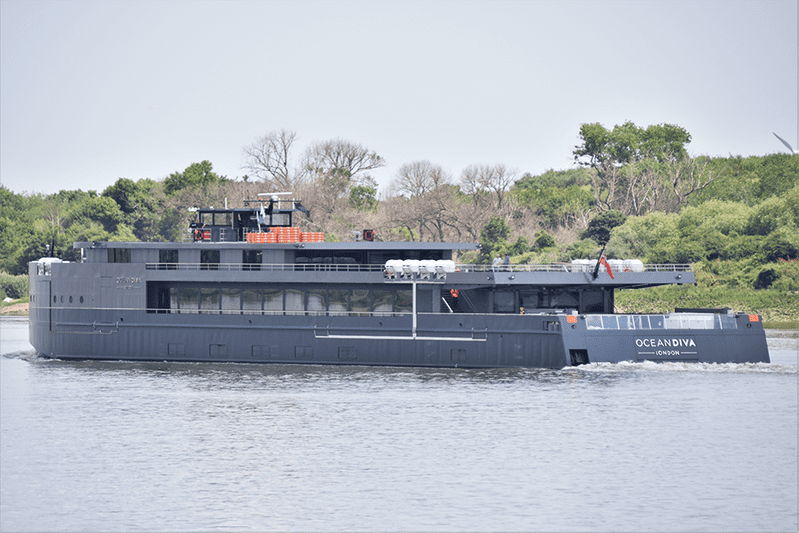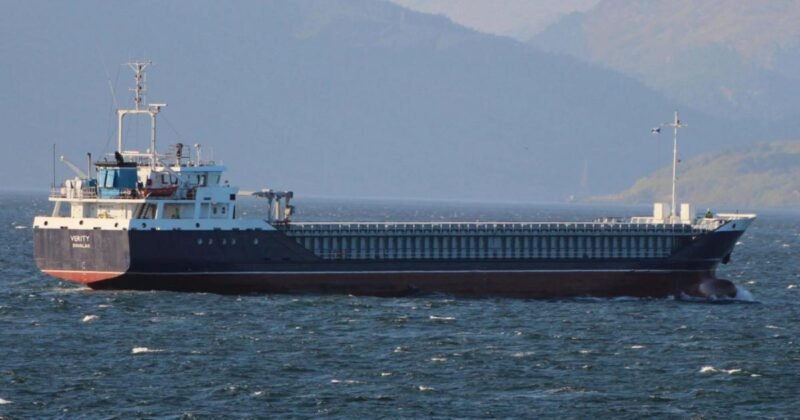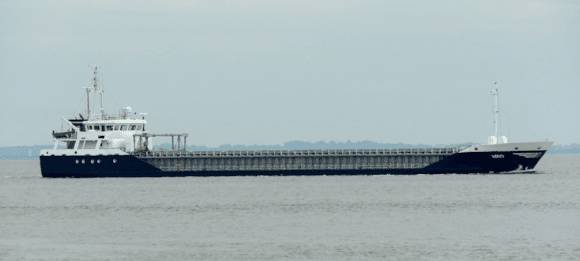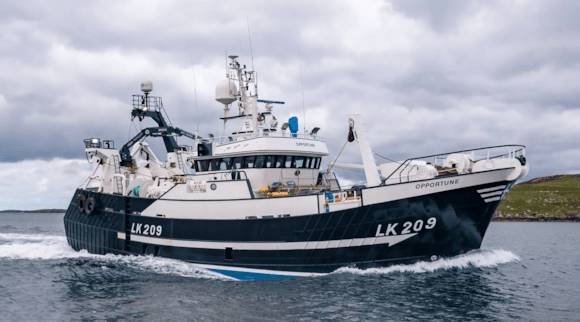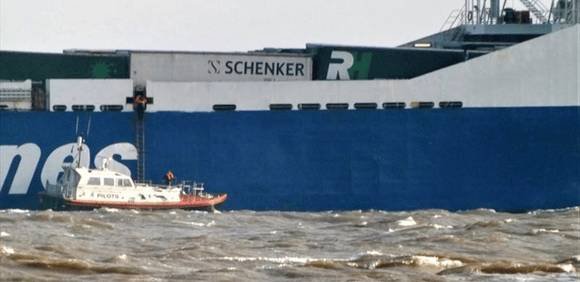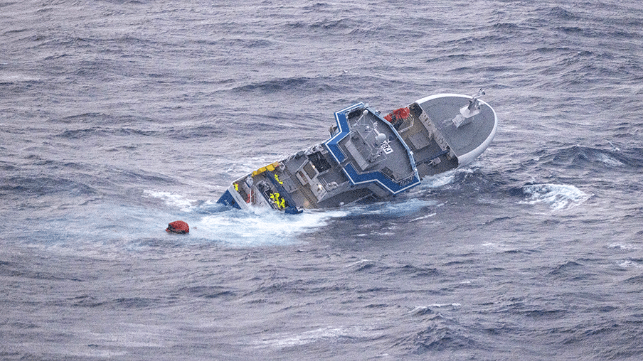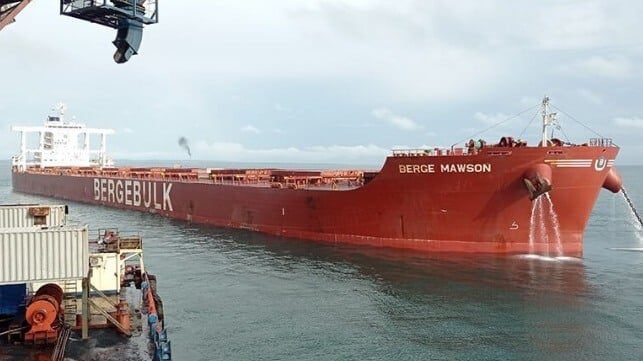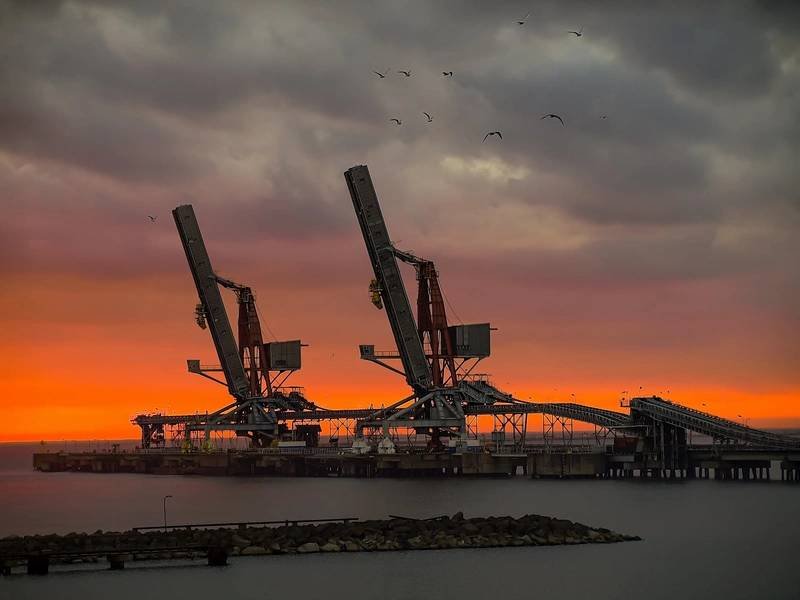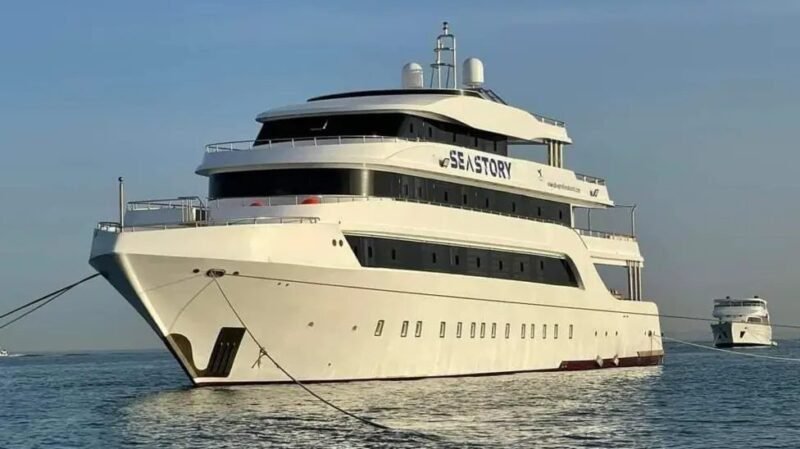The Marine Accident Investigation Branch (MAIB) recently investigated the loss of propulsion control and subsequent collision with a moored barge by the Oceandiva London. The incident occurred during propulsion trials on June 22, 2023, on the River Thames in London. The vessel, an inland waterways passenger ship, sustained damage to its hull plating and structural frames but fortunately had no passengers on board, and none of the crew or contractors were injured.
The propulsion and electrical power system of the Oceandiva London was powered by a stored energy system with two battery banks driving electric motors and a bow thruster. During the trials, the vessel experienced a loss of propulsion control when one of the battery banks was disconnected from the system. This caused the ship to veer towards and collide with the moored barge. The MAIB’s preliminary assessment highlighted that the crew lacked sufficient knowledge and experience to challenge the surveyor’s plan for the trials or take effective remedial action when control was lost.
Furthermore, the MAIB identified shortcomings in the surveyor’s communication with the crew regarding trial requirements and expected outcomes. The surveyor’s demands for the trials pushed the power system beyond the manufacturer’s limitations, contributing to the loss of control. Additionally, the MCA had not provided guidance for surveyors on assessing stored energy propulsion systems. The MAIB has expressed concerns to the MCA regarding the planning and execution of surveys involving vessels with similar propulsion systems.


